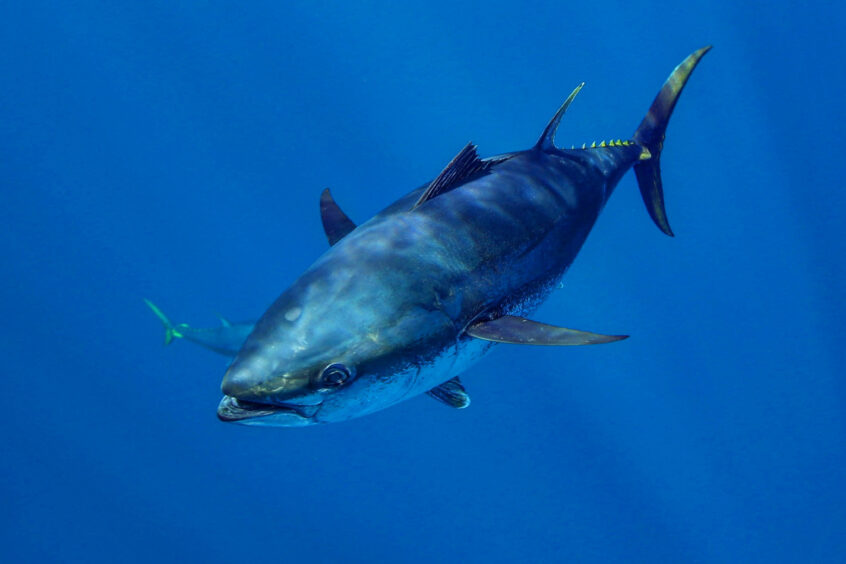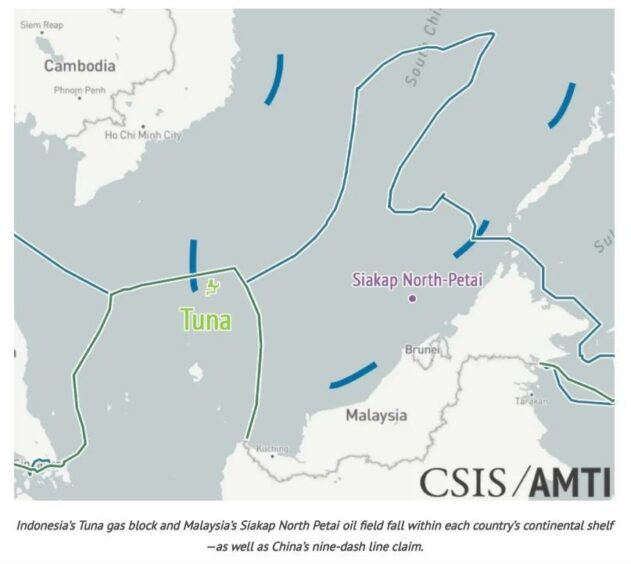
UK-based Harbour Energy (LON:HBR) is close to finalising a supply deal with Vietnam for natural gas from its proposed Tuna gas development in the Natuna Sea offshore Indonesia.
The draft sales agreement has received “fantastic support from the Vietnamese and Indonesian governments,” Gary Selbie, president director of Harbour Energy’s business in Indonesia, told delegates at the Indonesia Petroleum Association (IPA) conference in Jakarta on Wednesday.
Market sources told Energy Voice that Tuna’s development is progressing well and that a “good gas sales price” has been agreed with Vietnam.
In Indonesia the regulated gas price for electricity and seven other sectors is $6 per million British thermal units (Btu). A price of $6/million Btu for the end user, typically results in a price of around $5/million Btu or less at the wellhead. Only about 30% of the planned gas development projects in Indonesia are considered economic at $5/million Btu, reported the IPA.
Following a successful appraisal campaign Harbour and its Russian partner Zarubezhneft are targeting final investment approval to develop the Tuna Block offshore Indonesia in 1H 2023 with first production planned in 2026.
Selbie said a plan of development (POD) will be submitted to the government of Indonesia by the end of October 2022.
Tuna’s reserves now stand at more than 100 million barrels of oil equivalent on a gross basis of which 55% is gas and 45% is liquids. However, this could be firmed up as the operator plans to begin reprocessing 3D seismic acquired over the its discoveries and the surrounding area.
Harbour envisages using a new cross-border pipeline to connect the Tuna area to the existing Nam Con Son pipeline system in Vietnam. The field lies a long way from domestic market infrastructure in Indonesia, but only around 15kms from the border with Vietnam.
During the appraisal campaign China officially told the Indonesian government to stop drilling at Harbour Energy’s Tuna Block in maritime territory that both nations view as their own. But Indonesia rebuffed China’s request as it has sovereignty over the maritime area as stated in the UN Convention on the Law of the Sea. The Indonesian government will guarantee the security of the development against any threats from China, an industry source told Energy Voice, on the side lines of the conference.
Recommended for you


 © Supplied by AMTI
© Supplied by AMTI